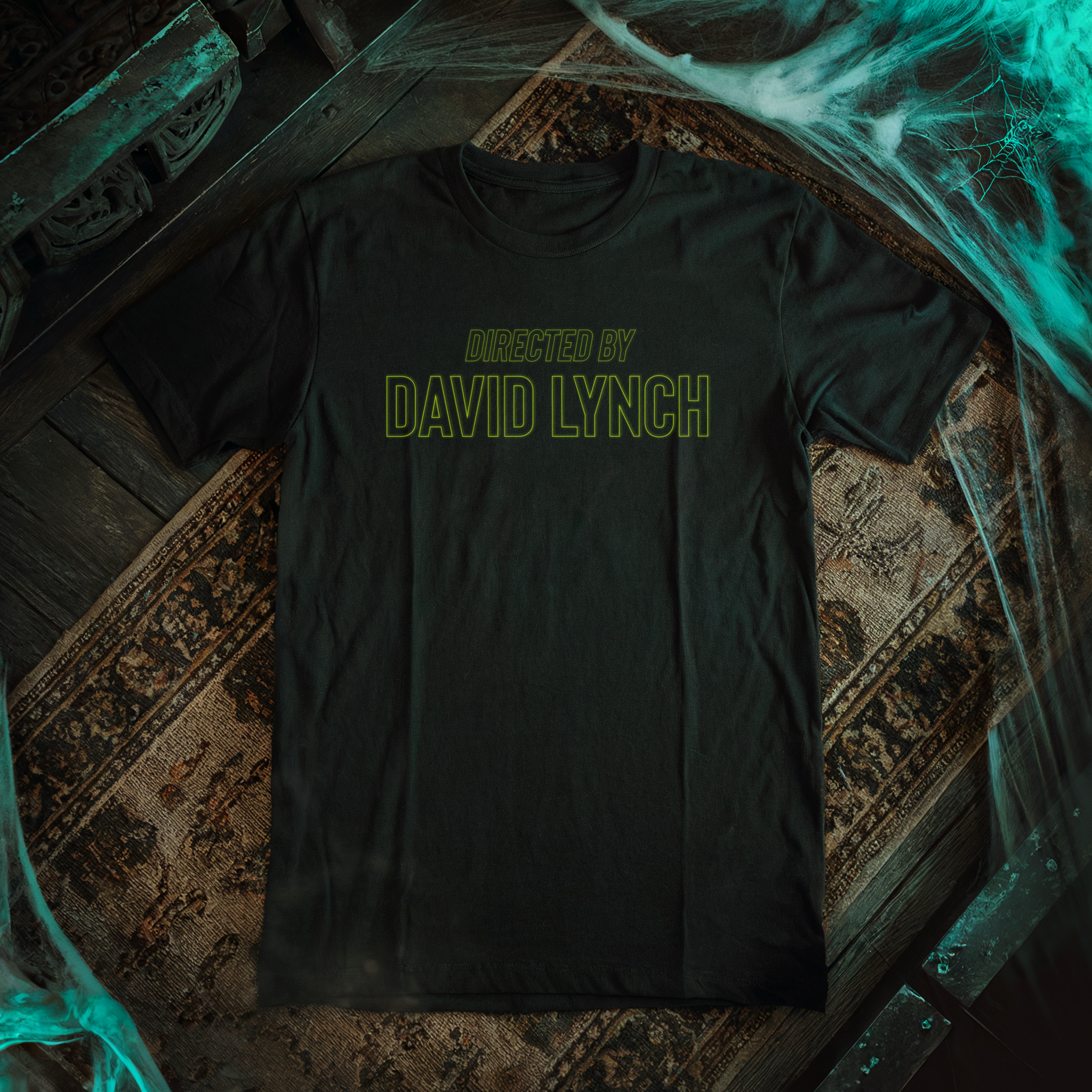Grant Sputore’s I Am Mother was release to Netflix June 7th, proving that being a mother is the hardest and most dangerous job on the planet.
Raising kids can’t be easy. Their whole lives are before them while you’re there to help shape and mold them. They could be scientists, lawyers, or even writers, but you can’t guarantee anything. At the end of the day, who they are and what they become rests on their shoulders. Unfortunately, the stakes get quite a bit higher when you’re not only raising one or two kids but instead, raising the future hope of humanity.
I am Mother doesn’t introduce a new concept to the world of science fiction or horror, working with one of the more prevalent tropes out there. And for good reason too. The movie is quick to inform us there was an apocalyptic event from which there were no survivors. Shifting focus to a futuristic “family”, we see a lone robot named Mother (Rose Byrne) alone in a bunker that resembles a technological dream. Mother sorts through a number of embryos before choosing one and popping it into an accelerated gestational tank. Mother raises the child, known only as Daughter (Clara Rugaard), and tests her through physical and mental exams. The focus is always on the big picture, with lectures focusing on philosophers such as Immanuel Kant and how to judge the importance of human life.
This dream-like state that both Daughter and Mother is almost sweet- with birthday gifts, cake, and even favorite meals. But it’s always under the watchful cyber eye of Mother. Their lives are interrupted when Woman (Hilary Swank) comes (and yes, that is the only name we get) wounded and bleeding with a gun. Daughter takes sympathy and lets her in and sets off a chain of events that disrupt everyone’s lives. The addition of the Woman to the group allows the introduction of doubt and fear against a seemingly omnipotent Mother, and the world that resides outside.
![i am mother [Review] Creepy Post-Apocalyptic Sci-Fi I AM MOTHER Decodes The Fragility of Motherhood and The Value of Human Life 11 i am mother](https://nofspodcast.com/wp-content/uploads/2019/05/i-am-mother.jpg)
The film folllows only these three characters. Mother, voiced by Rose Byrne (Insidious), newcomer Clara Rugaard as Daughter and Hilary Swank (Million Dollar Baby) as the Woman. Almost two-thirds of the movie takes place within the bunker that at first feels safe. With bright lights, semi-open spaces, and the cozy warmth of Mother’s CPU-laden chest, the bunker feels like home. As the movie continues, dread begins to take hold and the once pleasant bunker begins to feel more like a high-tech prison. The foreboding nature is unrelenting as the film continues, making you feel as claustrophobic as possible. It’s when the foreboding nature comes to a head that it also feels the most familiar. Mother, despite her gentle voice, is not the caretaker we once perceived her to be, revealing her true nature in a classic Twilight Zone-esque turn.
It’s while we’re contemplating our own reactions to the film that it slowly dawns on us that we just watched a damn good Netflix original movie. While dread and fear are the obvious tones that paint the film throughout, it has a pulsing vein of melancholy that flows throughout and on more than one occasion was determined on producing a few tears. Director Grant Sputore doesn’t hold back when it comes to raw emotion in the film. Utilizing small moments, such as Mother recognizing Daughter’s favorite pair of pajamas to humming “Baby Mine” from Dumbo, Sputore makes it clear that the heart of the film is not focused on the apocalypse but instead, the fragility of motherhood, familial relationships and the value of human life.
Both Mother and Daughter are incredible to watch. The pairing of Byrne’s soothing voice inside a hulking robot is truly a wonder and whenever she’s in the scene you can’t help but keep peeking just to make sure she’s not directly behind you. Daughter is a force to be reckoned with, watching her lean into Mother just as she would a human and observing the Woman with fierce curiosity. But that’s where the film seems to lose a bit of it’s grip. We don’t spend enough time with Hilary Swank’s character to recognize how much of her story is true, where things with her went wrong, and where she actually came from. The film drops hints along the way, (including a huge bombshell at the end) but when it comes to the Woman, we just simply don’t care as much as we should.
While the dread is forever present throughout the film, it almost begins to numb you to it. When something truly scary happens it’s merely a small jolt as opposed to the full shock that it was meant to be. We aren’t really allowed a moment of reprieve so instead of a roller coaster of emotions, it simply veers back and forth between sad and slightly spooky. I am Mother is an excellent film that shines a light on humanity and what it truly means to be moral. And while there’s anxiety galore one can’t help but feel really sad by the end, although it’s difficult to say whether it’s the striking loneliness or the Dumbo soundtrack to help us relive the most depressing parts of childhood.
Have you had a chance to see Grant Sputore’s I Am Mother? Let us know what you thought of the film, and what other Netflix content you’ve been bingeing on Twitter, in the Nightmare on Film Street Subreddit, and on Facebook in the Horror Movie Fiend Club!






![i am mother netflix robot apocalypse rose byrne clara [Review] Creepy Post-Apocalyptic Sci-Fi I AM MOTHER Decodes The Fragility of Motherhood and The Value of Human Life 10 i am mother netflix robot apocalypse rose byrne clara](https://nofspodcast.com/wp-content/uploads/2019/06/i-am-mother-netflix-robot-apocalypse-rose-byrne-clara.jpg)



